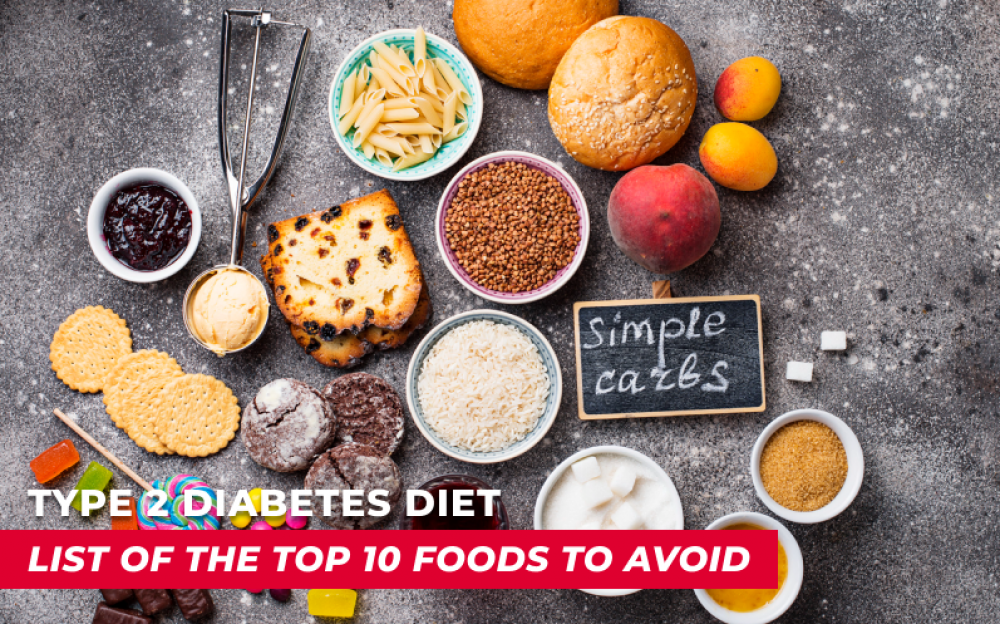

Type 2 diabetes is a chronic condition in which the body is unable to properly regulate blood sugar levels. Maintaining a balanced and nutritious diet is essential for managing blood sugar levels and reducing the risk of complications associated with diabetes.
However, certain foods can contribute to high blood sugar levels and should be avoided or limited in the diet of people with type 2 diabetes.
1. Beef liver:
Foods like white bread, pasta, and pastries are high in refined carbohydrates, which can rapidly raise blood sugar levels
2. Sugary drinks:
Beverages like soda, fruit juice, and sweetened coffee and tea are high in added sugars and can quickly raise blood sugar levels.
3. Fried foods:
Fried foods like french fries, fried chicken, and doughnuts are high in unhealthy fats and can contribute to weight gain, which is a risk factor for type 2 diabetes.
4. Processed snacks:
Snacks like chips, crackers, and candy are high in refined carbohydrates and added sugars and can quickly raise blood sugar levels.
5. Red meat:
Red meat is high in saturated fat, which can increase the risk of heart disease and contribute to weight gain, both of which are risk factors for type 2 diabetes.
6. Full-fat dairy products:
Full-fat dairy products like whole milk, cheese, and ice cream are high in saturated fat and can contribute to weight gain, which is a risk factor for type 2 diabetes.
7. Alcohol:
Alcohol is high in calories and can interfere with the body's ability to regulate blood sugar levels.
8. Packaged meals and snacks:
Packaged meals and snacks like frozen dinners and snack bars are often high in refined carbohydrates, added sugars, and unhealthy fats, making them a poor choice for people with type 2 diabetes.
9. Sweetened condiments:
Sweetened condiments like ketchup, barbecue sauce, and syrup are high in added sugars and can quickly raise blood sugar levels.
10. White rice:
White rice is a high-glycemic food that can rapidly raise blood sugar levels. Brown rice, quinoa, and other whole grains are better options for people with type 2 diabetes.
In conclusion, avoiding or limiting these foods in your diet can help you maintain healthy blood sugar levels and reduce the risk of complications associated with type 2 diabetes. However, it is important to keep in mind that a balanced and nutritious diet is essential for overall health, so it is important to speak with a doctor or a registered dietitian for personalized advice on what types and amounts of foods are best for your specific situation.